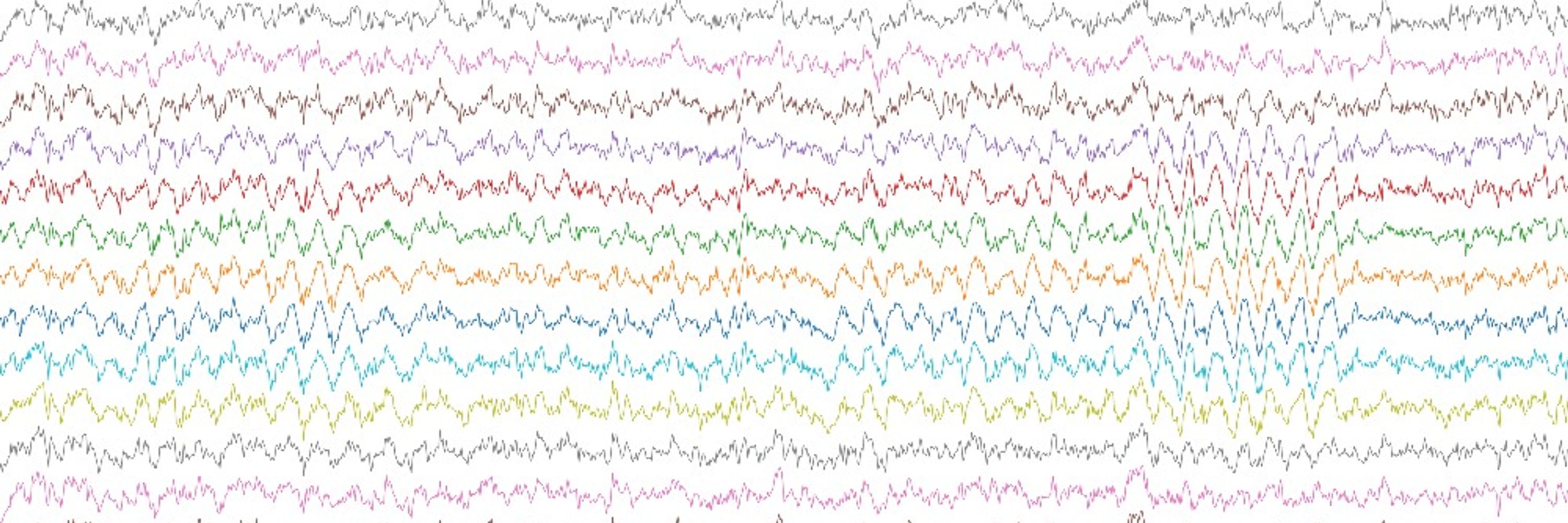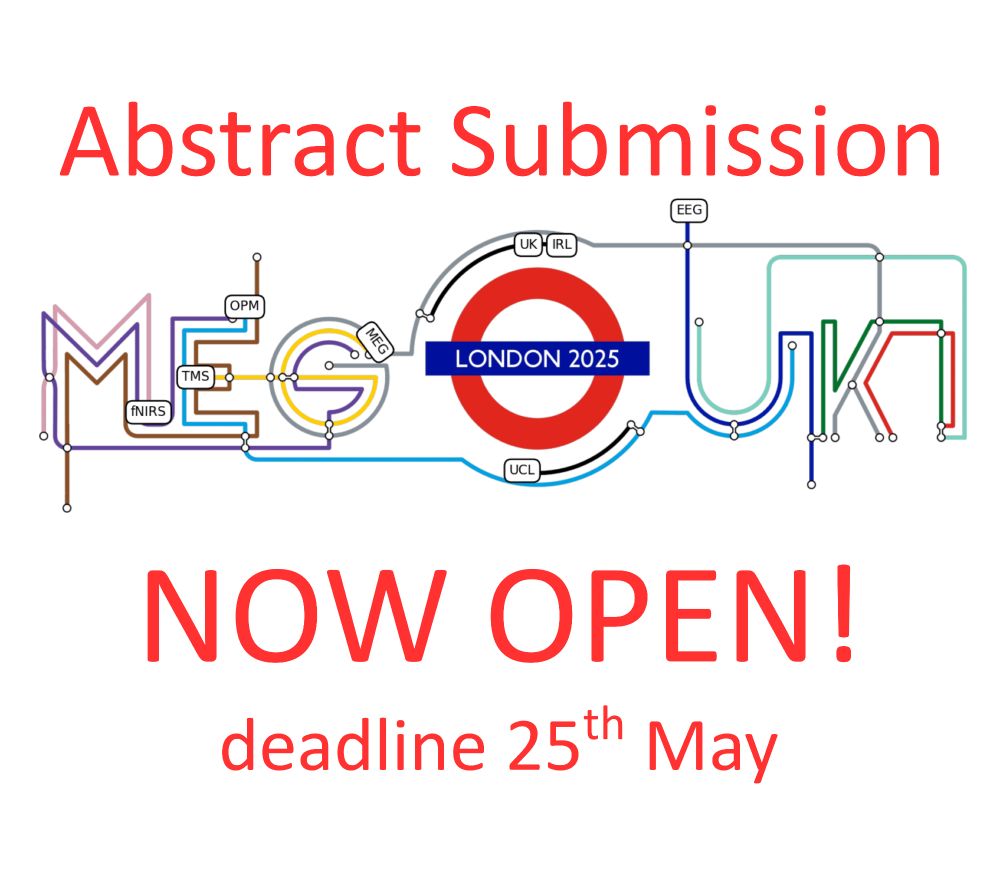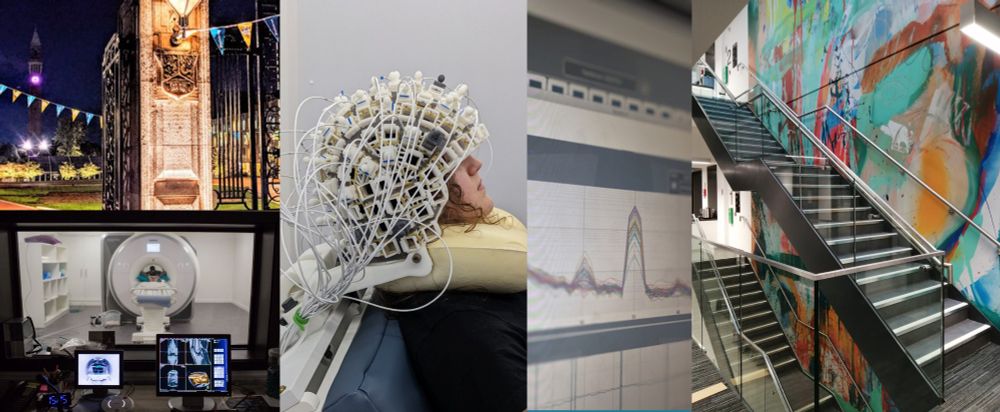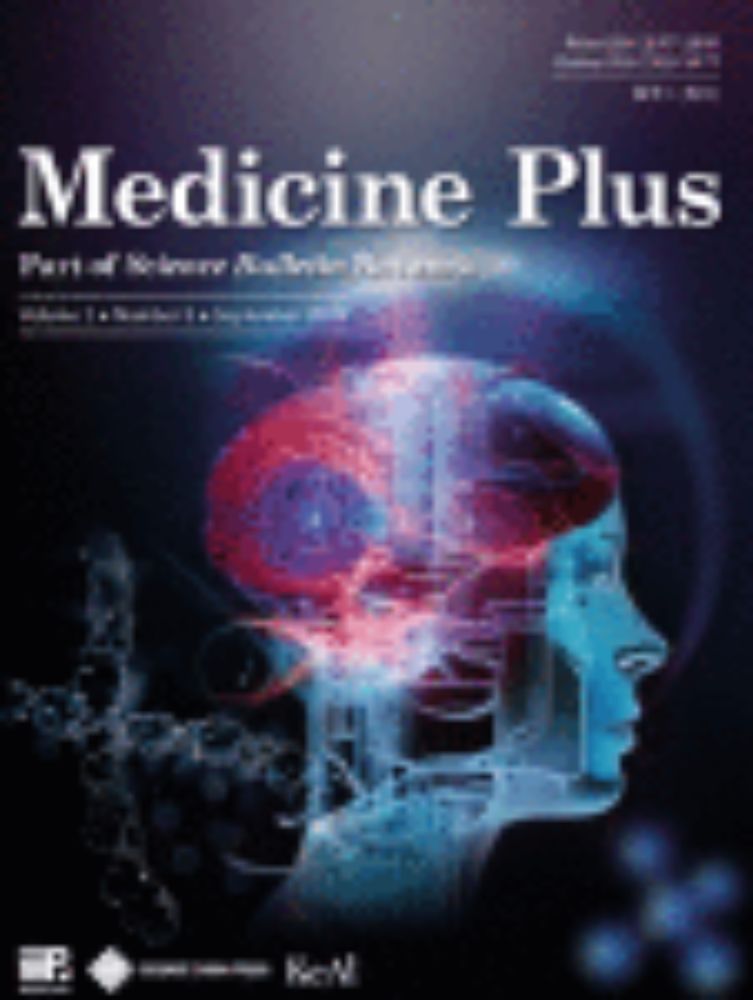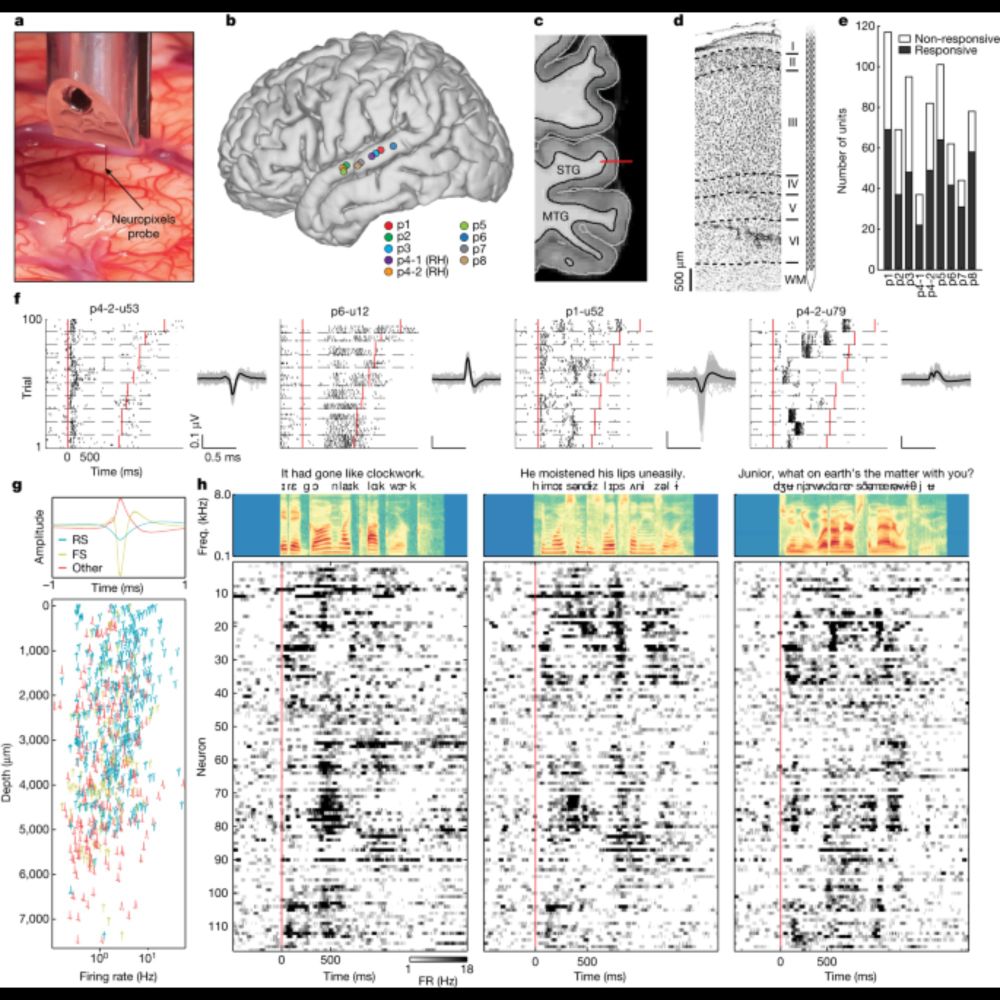Andrew Quinn
@ajquinn.bsky.social
780 followers
440 following
20 posts
https://www.andquinn.com
https://openalex.org/authors/a5051947577
Neuroscience Oscillations Software
Posts
Media
Videos
Starter Packs
Reposted by Andrew Quinn
Reposted by Andrew Quinn
Reposted by Andrew Quinn
Reposted by Andrew Quinn
Reposted by Andrew Quinn
Reposted by Andrew Quinn
Nick Myers
@nick-myers.bsky.social
· Aug 26
PLOS Biology
@plosbiology.org
· Aug 26

Attractive serial dependence arises during decision-making
Our memory of a stimulus can be biased toward or away from previous stimuli, but when this bias arises is unclear. This study shows that attractive serial dependence emerges during decision-making, su...
plos.io
Reposted by Andrew Quinn
Reposted by Andrew Quinn
Reposted by Andrew Quinn
Reposted by Andrew Quinn
Reposted by Andrew Quinn
Reposted by Andrew Quinn
Reposted by Andrew Quinn
Reposted by Andrew Quinn
Reposted by Andrew Quinn
Reposted by Andrew Quinn
Reposted by Andrew Quinn
Reposted by Andrew Quinn
Reposted by Andrew Quinn
Reposted by Andrew Quinn
Reposted by Andrew Quinn
Tom Donoghue
@tomdonoghue.bsky.social
· Jan 11

Resting-state EEG signatures of Alzheimer's disease are driven by periodic but not aperiodic changes
Electroencephalography (EEG) has shown potential for identifying early-stage biomarkers of neurocognitive dysfunction associated with dementia due to …
www.sciencedirect.com
Reposted by Andrew Quinn
